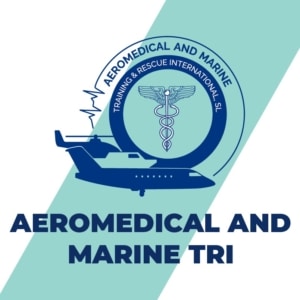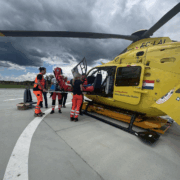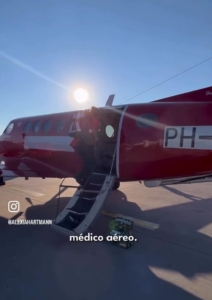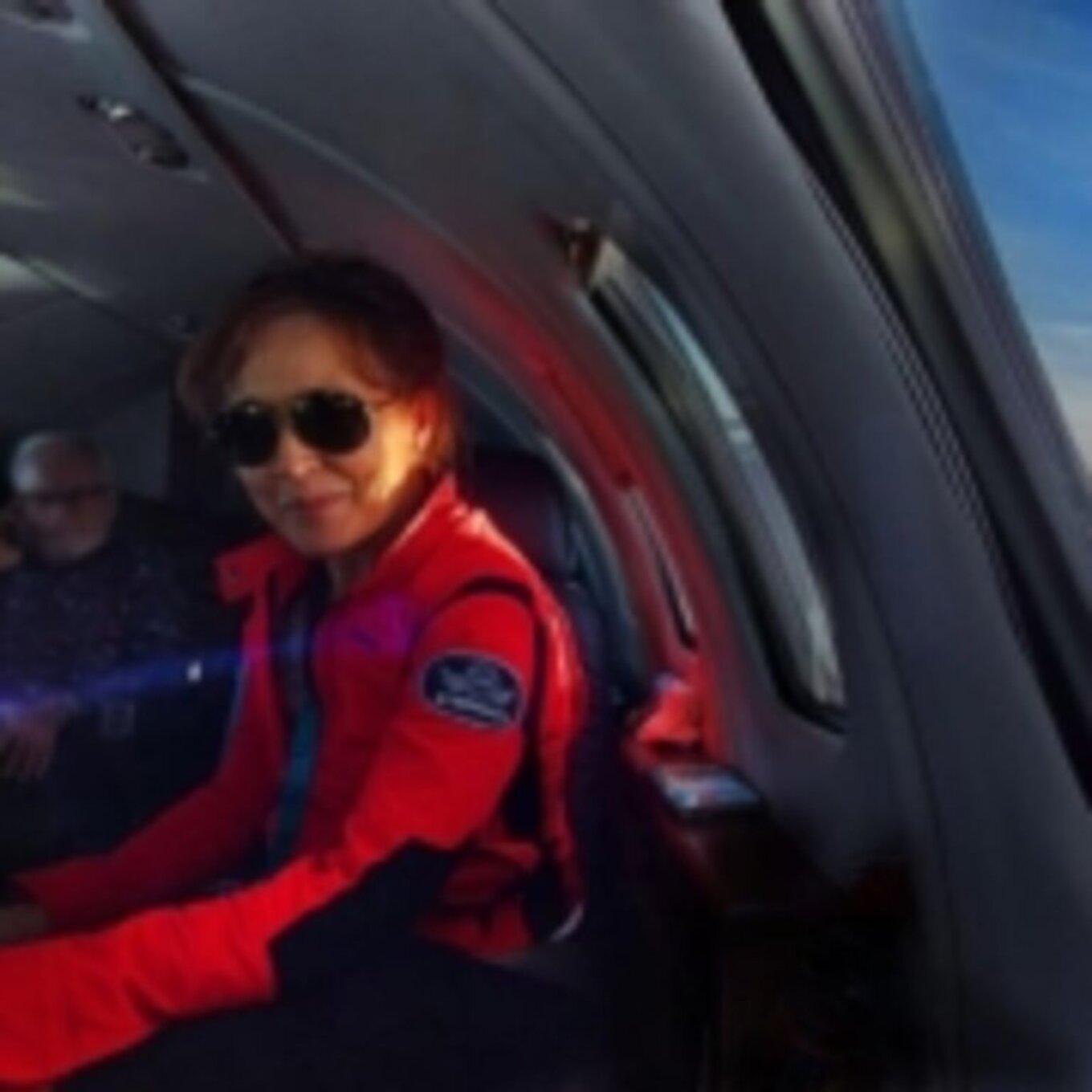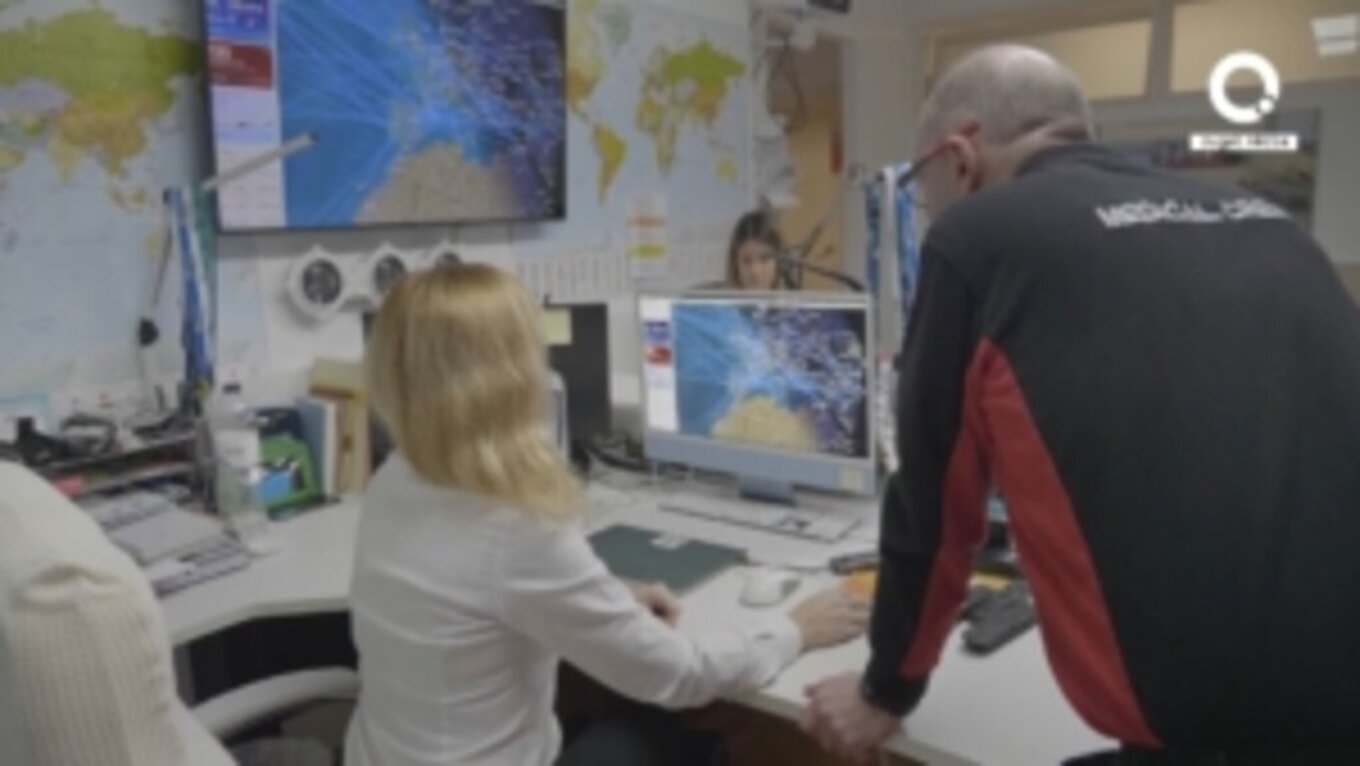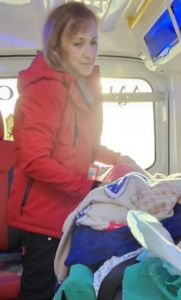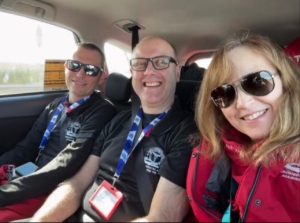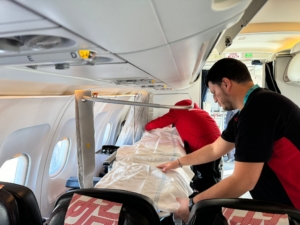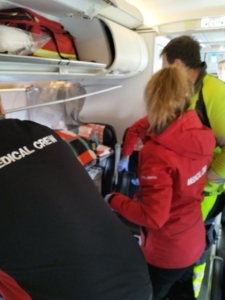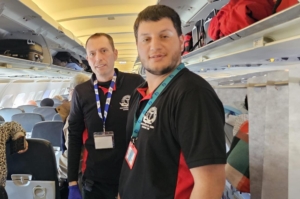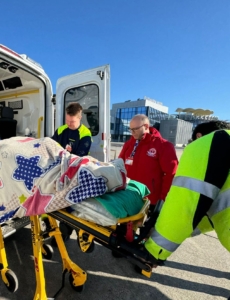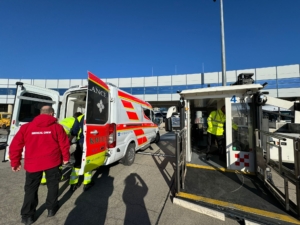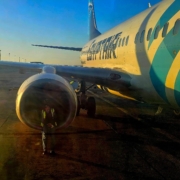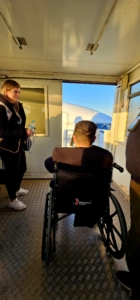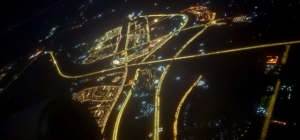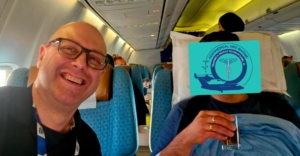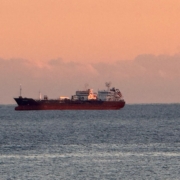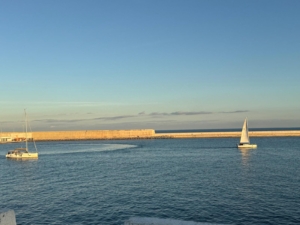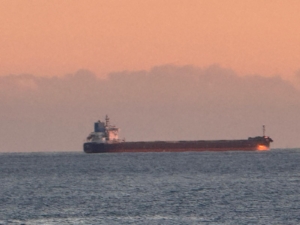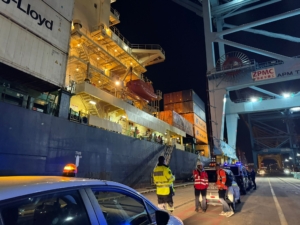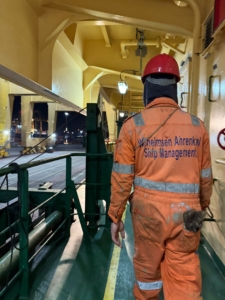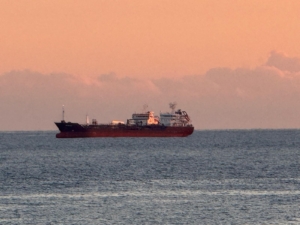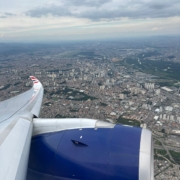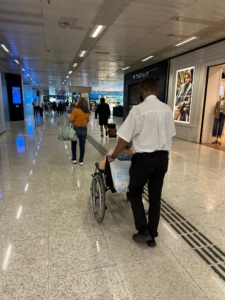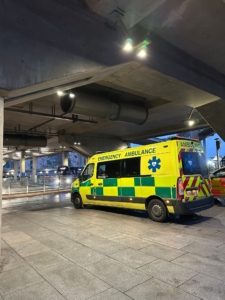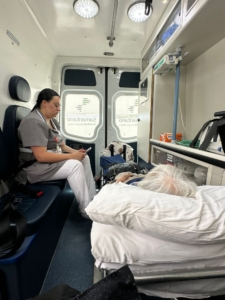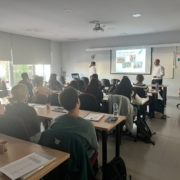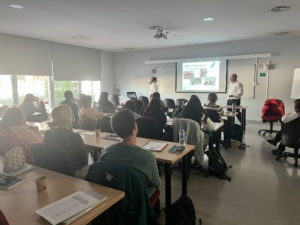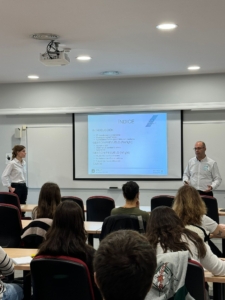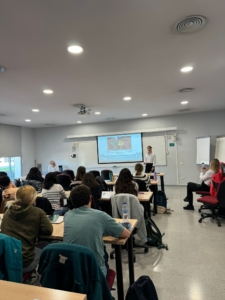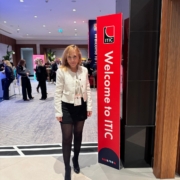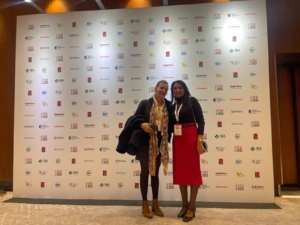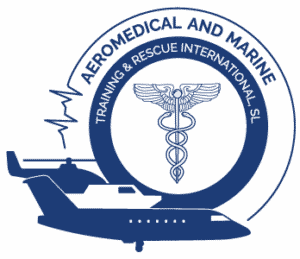Bridging Borders in Crisis: Inside the World of Medical Evacuations and Repatriations.
Dr. Manu Krishna, MD
Global Case Manager | Specialist in Global Health & International Operations
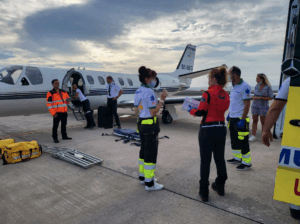
Introduction: Health in Motion
In an increasingly interconnected world, medical crises do not respect borders. Whether a tourist is injured abroad, a migrant needs specialized treatment, or a seafarer falls ill mid-voyage, medical evacuations and repatriations are vital in ensuring that no one is left behind, no matter where they are (1,2,3).
This article examines the real-world operations of Aero Medical and Marine Training and Rescue International (TRI SL), a specialized aeromedical service provider based in Spain, and reflects on how such organizations contribute to the broader landscape of global health, emergency preparedness, and cross-border patient safety.
What Is Medical Repatriation and Why Does It Matter in Global Health?
Medical repatriation refers to the safe transportation of patients back to their home country or a specialized medical facility, typically under medical supervision. This process is not limited to emergencies alone—it spans acute medical incidents to long-term care transfers (1,2). In the context of global health, repatriation is often overlooked but crucial. It intersects with:
- Health equity – ensuring continuity of care regardless of location.
- Cross-border coordination – involving embassies, hospitals, and airlines.
- Public health risk management, especially during infectious disease outbreaks.
- Humanitarian response – assisting vulnerable travellers or migrant workers.
Medical repatriation and evacuation are essential for patients who require ongoing treatment or specialized care, or simply wish to be closer to their support networks during recovery. These services are vital for travellers, expatriates, and workers at sea or remote locations, where access to advanced healthcare may be limited (1,2).
Inside the Work of AeroMedical and Marine TRI SL
At the heart of this complex process is Aero Medical and Marine Training and Rescue International (TRI SL), headquartered in Spain, with additional operational hubs and affiliated companies in Dubai and the USA (Miami). The organization specializes in:
- Medical escort services, with trained physicians and nurses accompanying patients on commercial airlines.
- Coordination with global insurance companies, embassies, and health facilities to ensure seamless patient transfers.
- Full logistical management, including flight bookings, medical clearances, visas, and equipment preparation.
- Training programs in aeromedical care and crisis management to build capacity for future medical emergencies.
Aero Medical and Marine TRI SL’s multidisciplinary team includes full-time case managers and a vast network of freelance doctors and nurses, who can be mobilized on short notice to fly around the world (3,4). Their operations are supported by partnerships with air ambulance providers in Europe and beyond, ensuring global reach and flexibility.
Real-World Example:
In January 2024, the team successfully repatriated a 20-year-old Colombian student from Slovakia to Colombia after he suffered a spontaneous brain hemorrhage. The mission involved meticulous planning, collaboration with airlines and local authorities, and providing intensive care during the 26-hour journey. The patient was safely delivered to a local hospital, accompanied by his family—a testament to the organization’s commitment to compassionate, safe, and efficient medical transfers (1).
Beyond Borders: The Humanitarian and Operational Impact
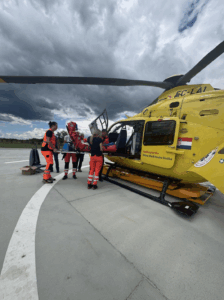
Aero Medical and Marine TRI SL’s work extends beyond traditional patient transfers. They also conduct high-seas medical assessments and collaborate with national authorities to evaluate the health of vulnerable individuals, such as stowaways or crew members in distress. These missions require sensitivity, professionalism, and a commitment to humanitarian care and operational efficiency (3,2). Under Dr. Mònica Fortea—an experienced trauma surgeon and flight doctor—the organization’s leadership emphasizes a holistic approach to patient care. Dr. Fortea’s background includes years of service with Spanish Helicopter Emergency Medical Services (HEMS) and extensive experience managing complex international patient transfers (1,2,3).
Training, Preparedness, and the Future
Aero Medical and Marine TRI SL provides emergency medical transport and is a leader in training the next generation of aeromedical professionals. The organization shares its expertise through lectures, hands-on courses, and international collaborations and helps build a more resilient global health infrastructure (2,3).
Their involvement in disaster response, humanitarian missions, and health security initiatives underscores their role as a cornerstone of emergency preparedness and cross-border patient safety.
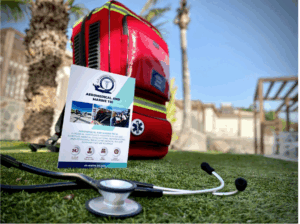
Conclusion
Medical evacuations and repatriations are complex, high-stakes operations that require meticulous planning, robust coordination, and swift action. Organizations like Aero Medical and Marine Training and Rescue International are essential in bridging borders during crises, ensuring that patients receive the care they need, no matter where they are. Their work is a testament to the power of collaboration, innovation, and compassion in global health.
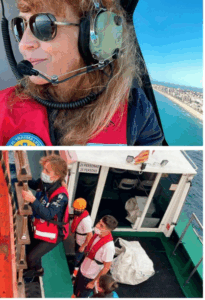
(Dr Monica Fortea)
References
4.https://air-marine-int.com/provider-profile-aeromedical-marine-training-rescue-international/
